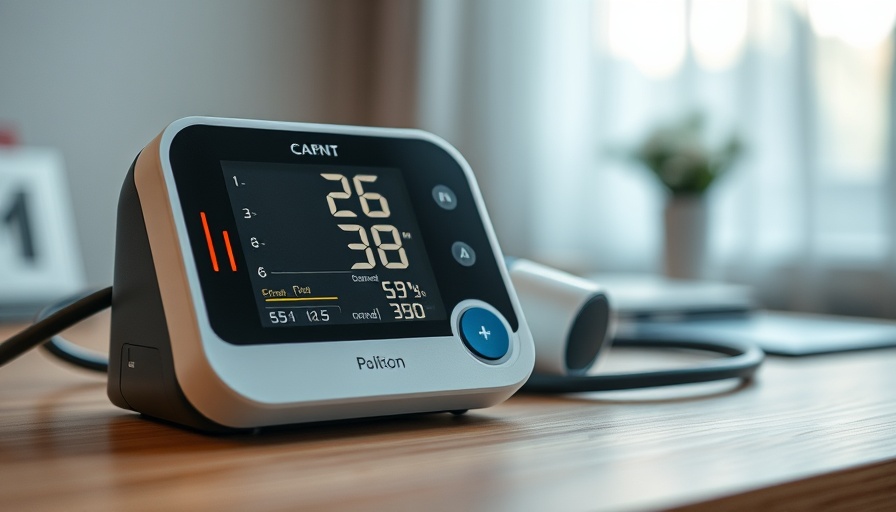
Revolutionizing Hypertension Detection with AI
A groundbreaking study from Mass General Brigham shows that automated searches of electronic health records (EHR) utilizing artificial intelligence (AI) can unearth previously undetected cases of hypertension. Involving 648 patients, this innovative methodology—leveraging natural language processing—has demonstrated an impressive nearly fourfold increase in hypertension diagnoses compared to traditional healthcare visits.
The Silent Epidemic: A Call to Action in Hypertension Awareness
Hypertension, often dubbed the silent killer, affects nearly half of individuals in the U.S. who remain unaware or untreated for this condition. Many suffer silently, as high blood pressure can lead to irreversible damage to the heart and blood vessels. The recent clinical trial shines a light on the necessity of routine checks and proactive measures, particularly given that early detection can prevent grievous health issues down the line.
How the Study Worked: Automating Detection
Leveraging AI, the study's researchers sifted through echocardiogram data to identify left ventricular hypertrophy, a condition linked to hypertension. Subjects were split in a randomized manner; one group received alerts revealing their health issues, while the control group did not. The results were staggering: the intervention group was 15.6% more likely to receive new diagnoses of hypertension and 16.3% more likely to be prescribed necessary medications.
The Implications for Healthcare Practices
Clinicians involved in the study largely viewed the automated intervention positively. 72% of responding doctors found the real-time notifications beneficial. This represents a significant evolution in clinical practice, where technology and traditional care converge to enhance patient outcomes. As technology continues to embed itself within healthcare, such innovations promise to enrich patient management strategies across the board.
What This Means for Health Professionals Today
For healthcare practitioners and tech professionals, understanding the integration of AI in routine health checks can illuminate potential paths for future trials and innovations. The evidence suggests that utilizing existing data more effectively can drastically impact patient care, leading to greater awareness and perhaps even altering the course of this widespread epidemic.
This trial reinforces the necessity for continuous innovation in healthcare delivery, fostering an environment where technology supports better diagnosis and management strategies. Embracing such tools could signal a new era where diseases like hypertension are preemptively managed rather than reactively treated.
 Add Row
Add Row  Add
Add 




 Add Row
Add Row  Add
Add 



Write A Comment